Home>Garden Essentials>How Long Does It Take Lemon Balm To Germinate
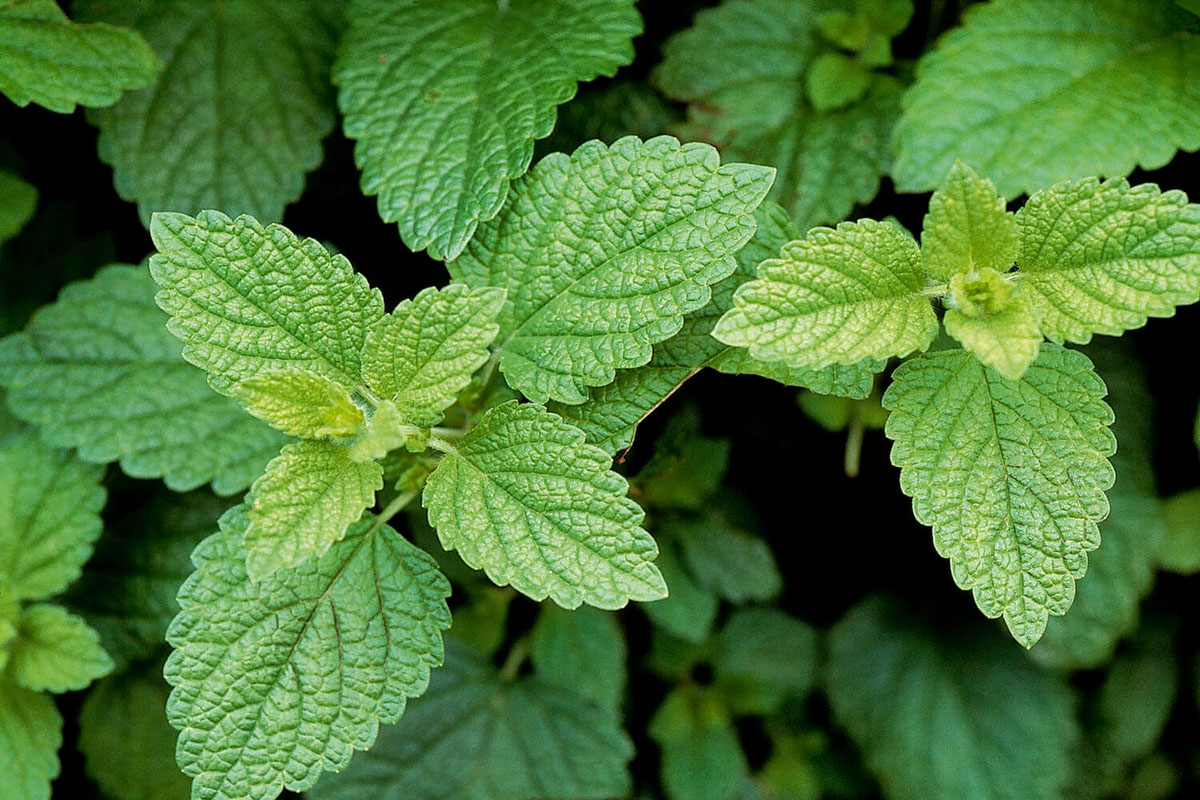

Garden Essentials
How Long Does It Take Lemon Balm To Germinate
Modified: March 16, 2024
Learn how long it takes for lemon balm to germinate in your garden and get expert tips for successful growth. Discover the garden secrets to speedy germination.
(Many of the links in this article redirect to a specific reviewed product. Your purchase of these products through affiliate links helps to generate commission for Storables.com, at no extra cost. Learn more)
Introduction
Welcome to the world of gardening, where the beauty of nature meets the joy of nurturing plants. If you have recently embarked on a gardening journey or are planning to start one, you might have encountered the term “germination.” Germination is a crucial step in the life cycle of plants, including the delightful lemon balm herb. In this article, we will explore the fascinating process of lemon balm germination and provide you with valuable insights on how long it takes for lemon balm seeds to sprout.
Lemon balm, scientifically known as Melissa officinalis, is a popular herb that is cherished for its fresh lemony fragrance and numerous health benefits. Whether you want to grow it for culinary purposes, to enjoy its soothing aroma, or to attract beneficial pollinators to your garden, understanding the germination process of lemon balm is the first step towards a successful harvest.
Before we delve into the timing and factors influencing lemon balm germination, it’s essential to acknowledge that germination is the process by which a seed begins to develop into a new plant. During germination, the seed absorbs water and swells, triggering the activation of enzymes that convert stored energy into nutrients for the developing seedling.
Now, let’s explore the various factors that can influence lemon balm germination, ensuring that you provide the optimal conditions for your seeds to flourish.
Key Takeaways:
- Lemon balm seeds take around 7 to 14 days to sprout, but it can be up to 21 days. Factors like temperature, moisture, and seed quality affect germination time.
- To enhance lemon balm germination, consider pre-soaking seeds, providing bottom heat, and ensuring consistent moisture. Troubleshoot issues like poor germination and damping off for successful growth.
Factors Affecting Lemon Balm Germination
Several factors play a vital role in the germination of lemon balm seeds. Understanding these factors and their impact will help you create the ideal conditions for successful germination. Let’s explore them in detail:
- Temperature: Lemon balm is a hardy herb that prefers moderate temperatures for germination. The optimal temperature range for lemon balm germination is between 60-70°F (15-21°C). Maintaining the correct temperature will ensure faster and more consistent seed germination.
- Moisture: Adequate moisture is crucial for seed germination, as it softens the seed coat and activates the enzymes necessary for growth. However, excessive moisture can lead to rotting or fungal diseases. Make sure to provide consistent moisture by lightly misting the soil or keeping it slightly damp.
- Light: Lemon balm seeds have varying light requirements during germination. Some sources suggest that lemon balm seeds require light to germinate, while others state that they prefer darkness. To maximize your chances of success, it is recommended to lightly cover the seeds with a thin layer of soil or vermiculite to provide darkness while still allowing some light to reach the seeds.
- Soil Quality: Lemon balm thrives in well-draining soil with a slightly acidic to neutral pH level (6.0-7.5). Ensure that the soil is loose, rich in organic matter, and free from any clumps or debris. This will promote proper aeration and nutrient absorption for the developing seedlings.
- Seed Quality: The quality of the lemon balm seeds you use significantly impacts germination. Always opt for fresh, viable seeds from reputable sources to ensure high germination rates. Consider conducting a germination test before planting to determine the viability of the seeds.
By taking these factors into account, you will be able to create the perfect environment for lemon balm germination. However, it’s important to note that germination time can vary depending on a variety of factors, including the specific cultivar, environmental conditions, and seed quality. Let’s explore the average germination time for lemon balm seeds in the next section.
Optimal Conditions for Lemon Balm Germination
To ensure successful germination of lemon balm seeds, it is essential to provide the optimal conditions for their growth. Creating the right environment will maximize your chances of a higher germination rate and healthy seedlings. Here are the key factors to consider:
- Temperature: Lemon balm seeds thrive in moderate temperatures. Aim for a temperature range of 60-70°F (15-21°C) to promote optimal germination. You can achieve this by starting seeds indoors or waiting until the soil warms up in the spring before sowing them outdoors.
- Moisture: Consistent moisture is crucial for lemon balm germination. Ensure that the soil is evenly moist but not waterlogged. Water the soil gently or use a misting spray to avoid disturbing the seeds. It is important to maintain soil moisture throughout the germination process until the seedlings are established.
- Light: Lemon balm seeds have different light requirements during germination. For some cultivars, light is necessary for germination, while others prefer darkness. To provide the best of both worlds, lightly cover the seeds with a thin layer of soil or vermiculite to offer darkness while still allowing some light to reach the seeds. This can help meet the needs of different varieties.
- Soil: Lemon balm prefers well-draining soil with a slightly acidic to neutral pH level (6.0-7.5). Prepare the soil by loosening it to avoid compacted areas that hinder seedling growth. Incorporate organic matter, such as compost, to improve soil fertility and drainage. This will create an ideal environment for the seeds to establish strong root systems.
- Planting Depth: When sowing lemon balm seeds, it is important to plant them at the appropriate depth. Aim for a depth of 1/4 to 1/2 inch (6-12 mm), as this allows the seeds to receive the right amount of moisture and light for germination. Avoid burying them too deeply, as this can hinder their ability to sprout.
By providing these optimal conditions, you will create a favorable environment for lemon balm seed germination. However, it’s important to keep in mind that germination time can vary based on various factors. Let’s explore the average germination time for lemon balm seeds in the next section.
Germination Time for Lemon Balm Seeds
When it comes to germination time, lemon balm seeds are relatively quick to sprout compared to some other plants. On average, lemon balm seeds take around 7 to 14 days to germinate, but it can take up to 21 days in some cases. The exact germination time can vary depending on factors such as temperature, moisture, light, and seed quality.
With optimal conditions in place, you can expect to see the first signs of germination within a week. Initially, you may notice tiny sprouts emerging from the soil, which will develop into the first set of true leaves. As the seedlings grow, they will become sturdier and more resilient.
It’s important to monitor the moisture levels during germination to provide consistent hydration to the seeds. Avoid overwatering, as excessive moisture can lead to fungal issues and damping off, which can hinder germination and seedling health.
As the seedlings grow, you may need to thin them out to allow proper spacing for healthy development. Thin them to a spacing of around 12-18 inches (30-45 cm) apart to give each plant enough room to mature and spread.
Remember that germination time is not an exact science, and there can be natural variations. Therefore, it is important to be patient and continue providing optimal conditions until the majority of the seeds have sprouted. Keep in mind that some seeds may take longer to germinate than others, so don’t give up hope too soon.
Now that you have a good understanding of the germination time for lemon balm seeds, let’s move on to some tips that can help enhance germination rates and ensure successful growth of your lemon balm plants.
Lemon balm seeds typically take 7-14 days to germinate. Keep the soil consistently moist and provide warmth for best results.
Tips for Enhancing Lemon Balm Germination
To increase germination rates and ensure successful growth of your lemon balm plants, here are some valuable tips to consider:
- Pre-soaking the seeds: Lemon balm seeds have a hard outer shell that can sometimes delay germination. To speed up the process, you can pre-soak the seeds for 24 hours before sowing. This helps soften the seed coat and promotes quicker sprouting.
- Scarification: If pre-soaking alone doesn’t improve germination, you can also try scarification. Gently nicking or scratching the seed coat with a small file or sandpaper can create small openings for moisture absorption and expedite germination.
- Bottom heat: Providing bottom heat to the seeds can enhance germination rates. Placing the seed tray on a heat mat or near a heat source can help maintain the optimal temperature required for lemon balm germination.
- Consistent moisture: It is important to keep the soil consistently moist during the germination period. Monitor the moisture levels regularly and water lightly as needed to ensure the soil doesn’t dry out. Using a spray bottle or misting the soil can help maintain adequate moisture levels without disturbing the seeds.
- Good air circulation: Proper airflow is crucial for healthy seedling development and to prevent fungal diseases. Ensure there is good air circulation around the growing area, either by placing a fan nearby or providing ample spacing between seedlings.
- Grow lights: If you are starting the germination process indoors or in a low-light environment, consider using grow lights. LED or fluorescent lights can provide the necessary amount of light to promote germination and healthy growth of the seedlings.
- Regular monitoring and care: Keep a close eye on your germinating seeds. Check for any signs of pests or diseases and take prompt action if necessary. Remove any weak or diseased seedlings to prevent the spread of infection and optimize the growing conditions for the remaining plants.
- Patience: Germination can sometimes take longer than expected. Be patient and continue providing optimal conditions while waiting for the seeds to sprout. Remember, each seed has its own timeline, and perseverance is key to successful germination.
By implementing these tips, you can significantly enhance the germination rates and ensure healthy growth of your lemon balm plants. Now, let’s address some common issues and troubleshooting techniques that you may encounter during the germination process.
Read more: How To Store Lemon Balm
Common Issues and Troubleshooting
While lemon balm germination is generally straightforward, there are a few common issues that you may encounter. Understanding these issues and knowing how to troubleshoot them can help you overcome any hurdles during the germination process. Here are some common problems and their solutions:
- Poor germination rate: If you notice a low germination rate, it could be due to several factors. Check the seed quality first, as using old or low-quality seeds can result in poor germination. Ensure that you are providing the optimal conditions of temperature, moisture, light, and soil quality. Additionally, consider scarification or pre-soaking the seeds to improve germination rates.
- Damping off: Damping off is a fungal disease that can affect young seedlings, causing them to wilt and eventually die. To prevent damping off, ensure proper airflow around the plants, avoid overwatering, and provide good drainage. Using sterilized soil or starting the seeds in a sterile seed-starting mix can also help reduce the risk of damping off.
- Seedlings stretching or becoming leggy: If your seedlings appear elongated and spindly, it indicates that they are not receiving sufficient light. Adjust the positioning of your seed tray or provide supplemental grow lights to ensure they receive adequate, bright light. Keep the light source close to the seedlings to promote compact and healthy growth.
- Pests: Some common pests, such as aphids or spider mites, can attack young seedlings and hinder their growth. Regularly inspect your seedlings for any signs of pest infestation. If you notice any, use organic pest control methods or introduce beneficial insects to keep the pests at bay.
- Seedling overcrowding: If you overcrowd your seedlings, they will compete for nutrients, light, and space, leading to weak and stunted growth. Thin out the seedlings when they have developed a few sets of true leaves, leaving only the healthiest and strongest ones. This will allow each seedling to have ample room to thrive.
By being aware of these common issues and employing the appropriate troubleshooting techniques, you can navigate any challenges that arise during the lemon balm germination process, increasing your chances of success.
Now that you have a solid understanding of lemon balm germination, its optimal conditions, and how to troubleshoot common issues, it’s time to put your newfound knowledge into action. Happy gardening and enjoy the journey of watching your lemon balm seeds transform into vibrant, aromatic plants!
Conclusion
Germinating lemon balm seeds can be an exciting and rewarding experience for any gardener. By understanding the factors that affect germination and providing optimal conditions, you can increase the chances of successful sprouting and healthy growth of your lemon balm plants.
Temperature, moisture, light, soil quality, and seed viability are all important factors to consider when germinating lemon balm seeds. Maintaining a moderate temperature, consistent moisture, and ensuring well-draining soil with the appropriate pH level will create an ideal environment for germination to occur.
While lemon balm seeds typically germinate within 7 to 14 days, it’s important to be patient, as germination time can vary based on various factors. Pre-soaking, scarification, and providing bottom heat can help expedite the process, but it’s important to monitor moisture levels, provide good air circulation, and be mindful of proper planting depth.
To enhance germination rates, follow the tips provided in this article, such as pre-soaking seeds, providing bottom heat, and ensuring consistent moisture and good air circulation. Additionally, be patient and give each seed the time it needs to sprout.
While challenges such as poor germination rates, damping off, leggy seedlings, pests, and overcrowding can arise, understanding and troubleshooting these issues will help you overcome them successfully. By addressing common issues promptly, you can ensure the healthy growth and vigor of your lemon balm seedlings.
Remember, gardening is a journey, and each step, including germination, is an opportunity to learn and grow. Embrace the process, experiment with different techniques, and enjoy the beauty and benefits that lemon balm brings to your garden.
So, grab your seeds, prepare your soil, and embark on this wonderful gardening adventure. With the knowledge and insights shared in this article, you are well-equipped to successfully germinate lemon balm seeds and witness the emergence of vibrant, aromatic plants in your garden.
Frequently Asked Questions about How Long Does It Take Lemon Balm To Germinate
Was this page helpful?
At Storables.com, we guarantee accurate and reliable information. Our content, validated by Expert Board Contributors, is crafted following stringent Editorial Policies. We're committed to providing you with well-researched, expert-backed insights for all your informational needs.
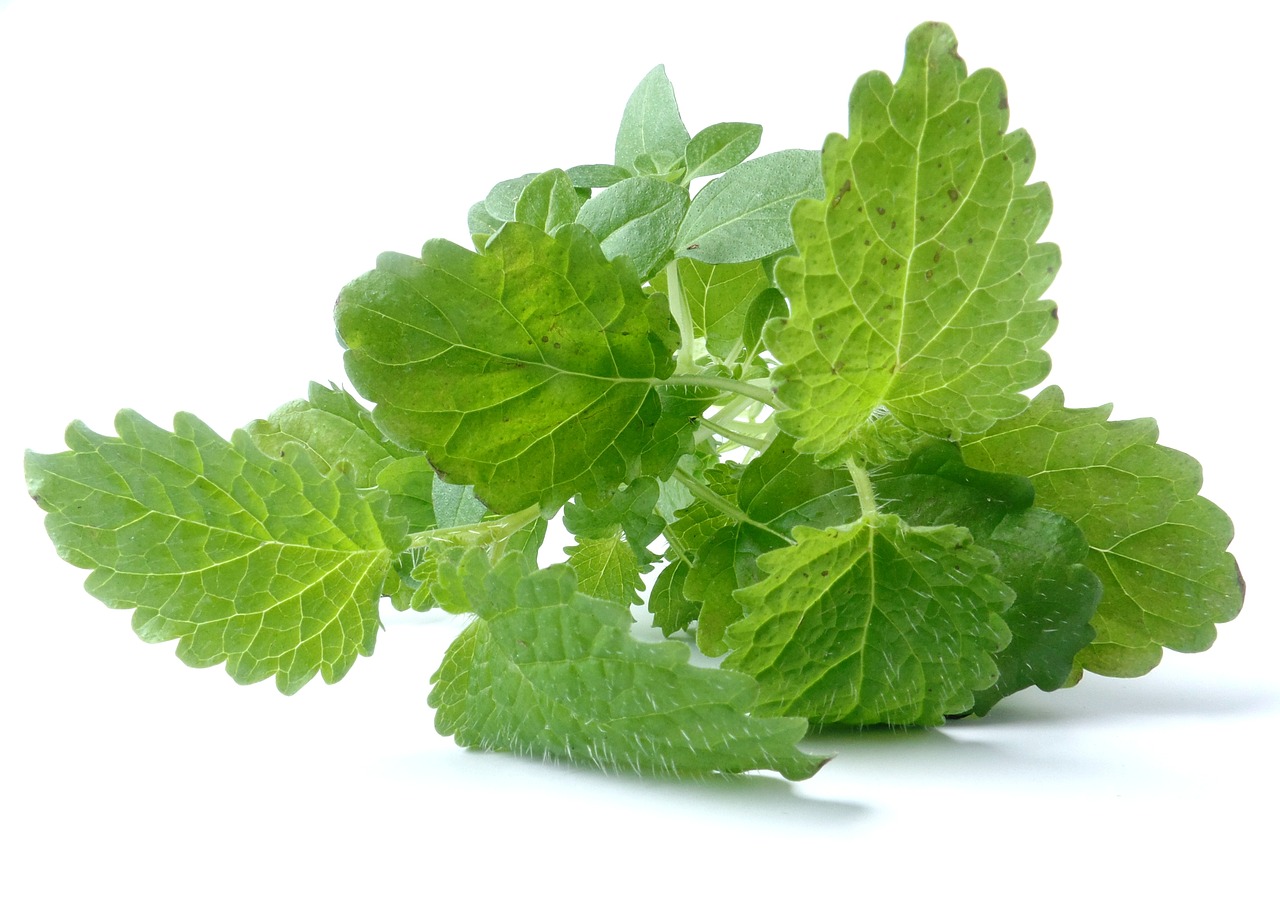
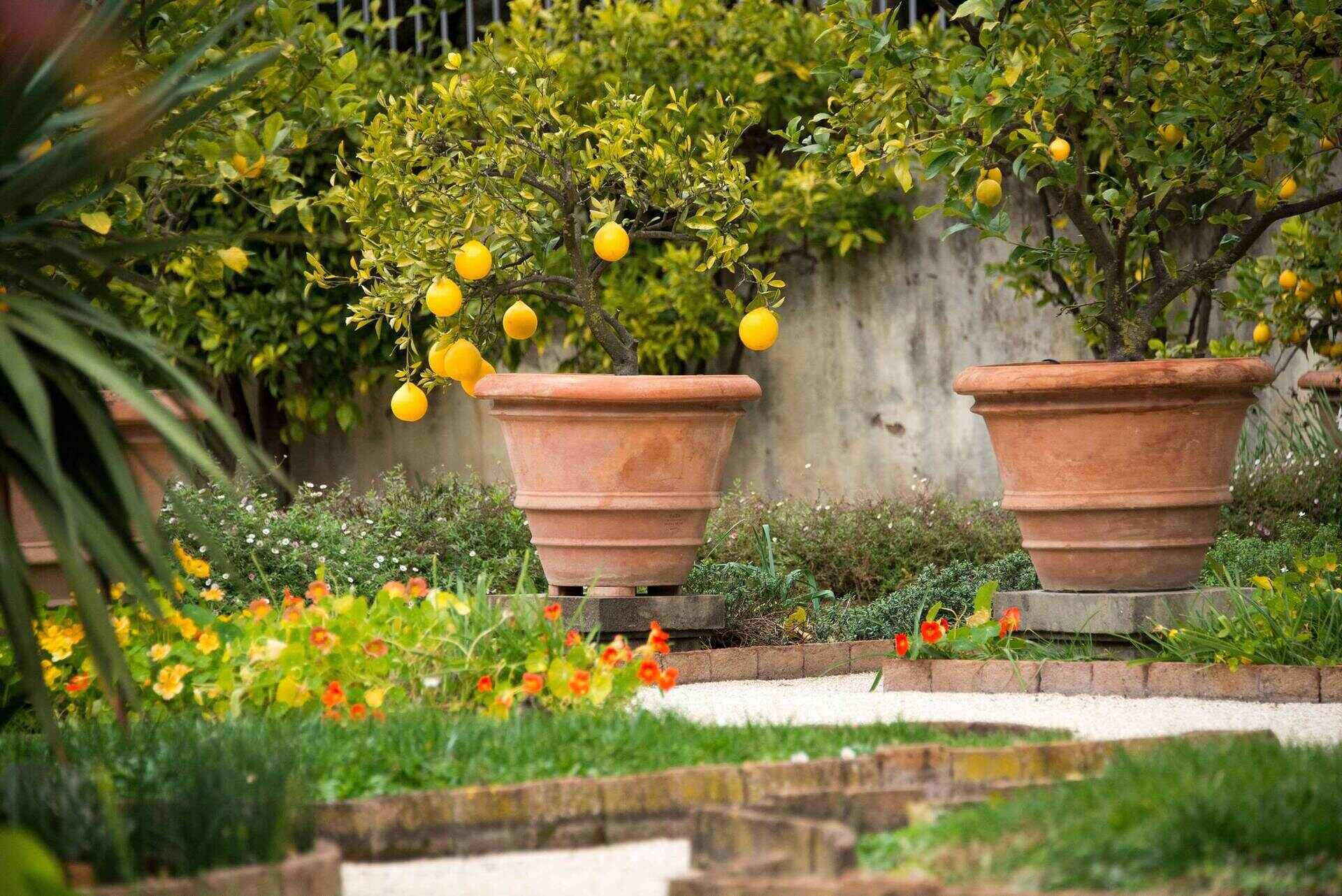
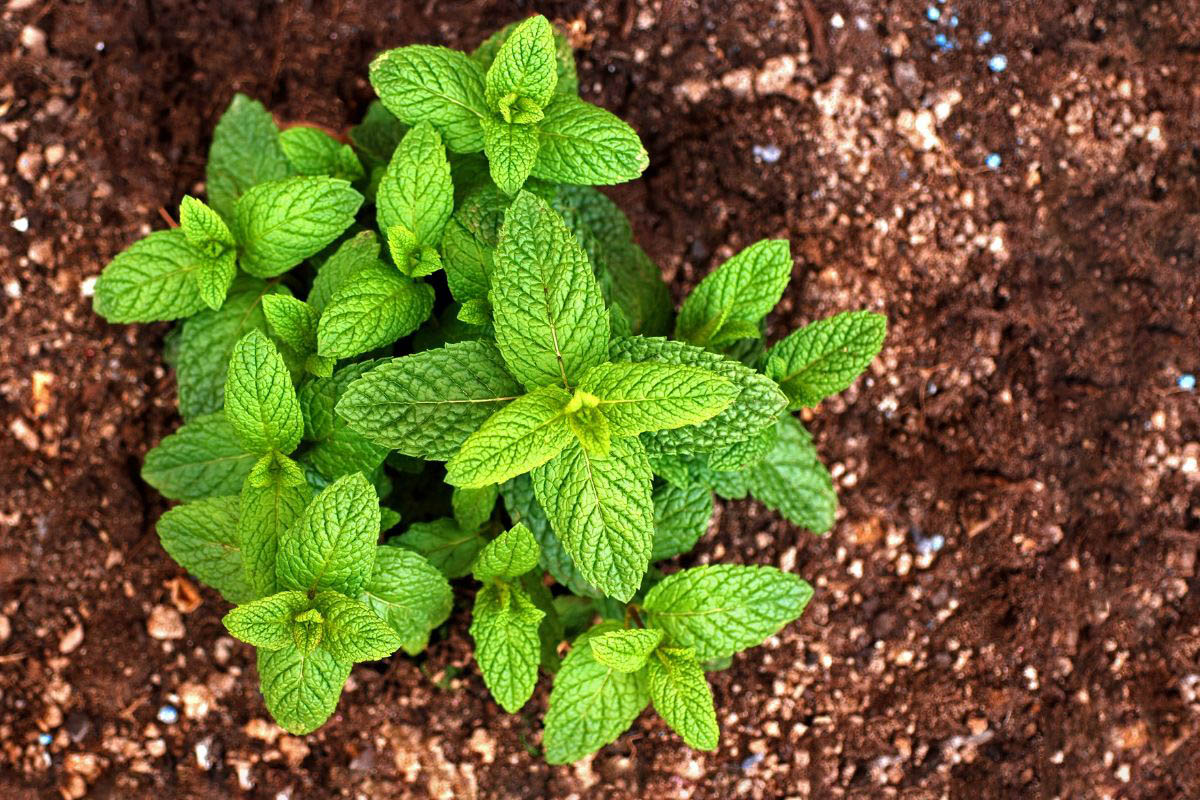
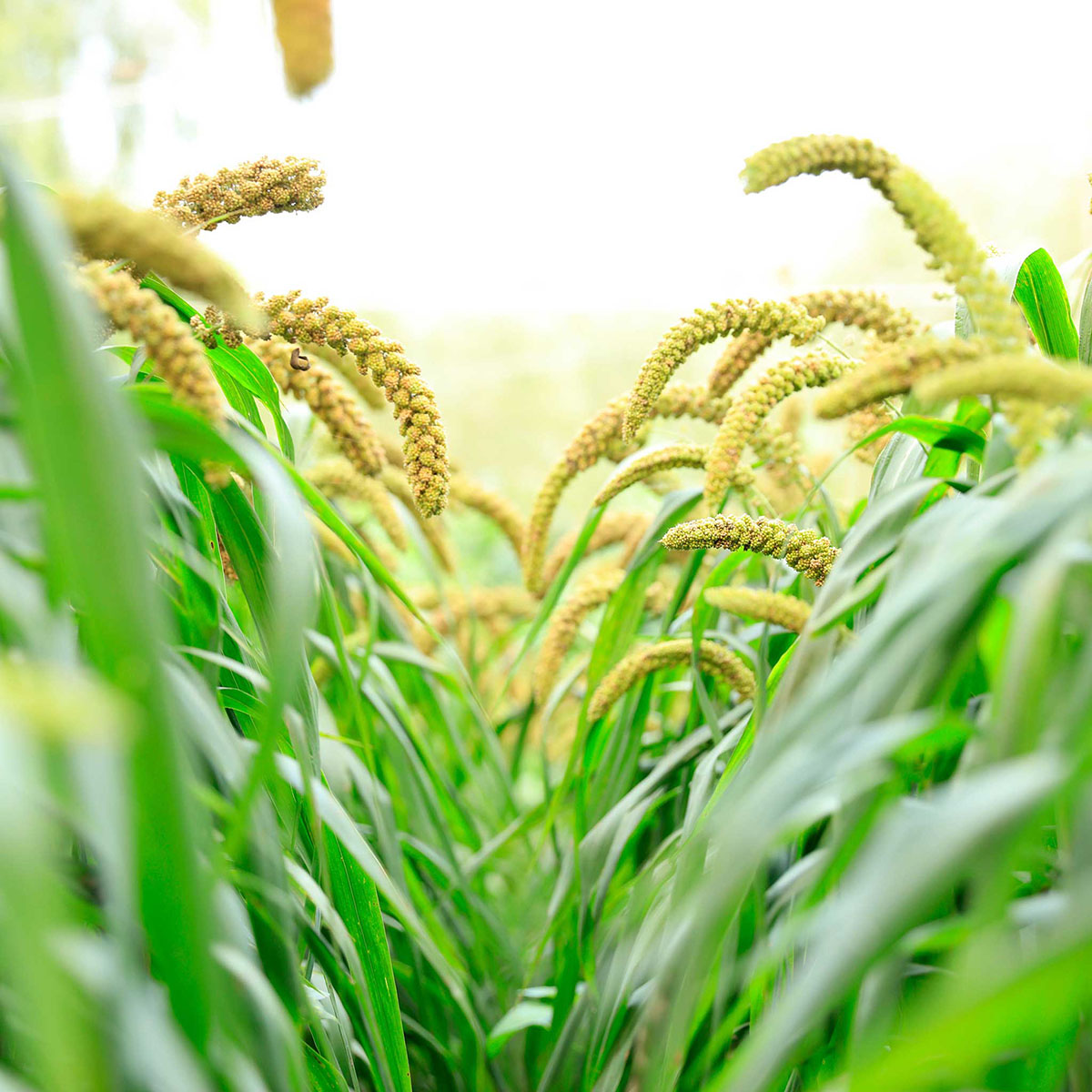
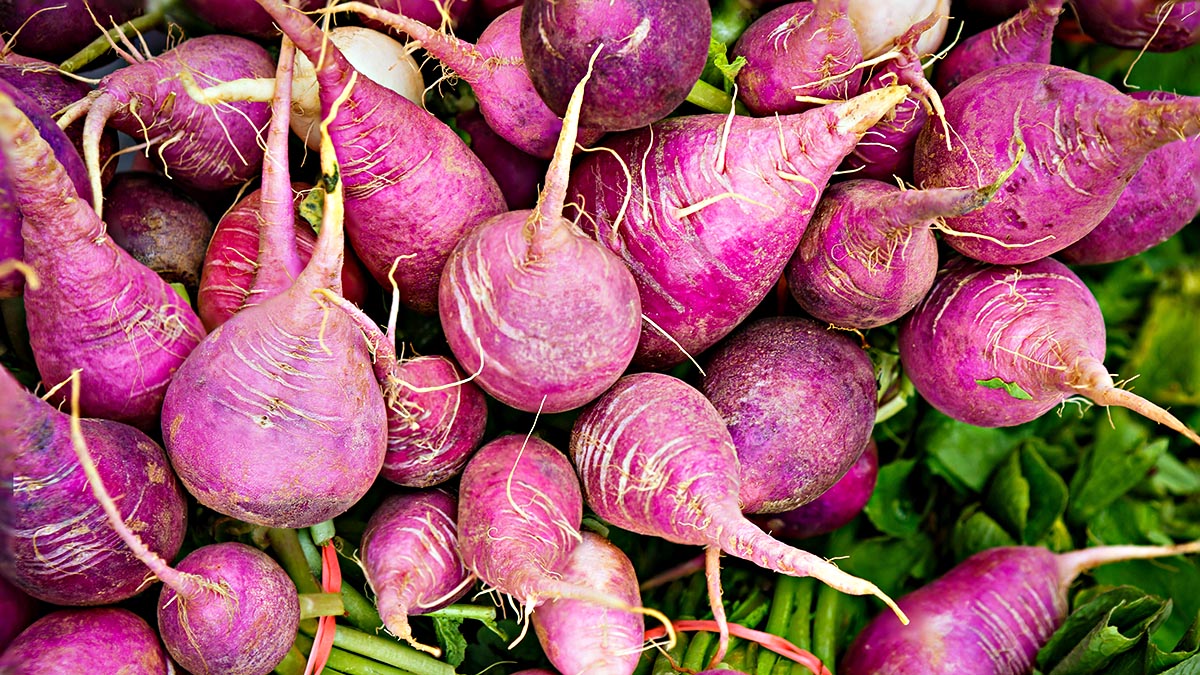
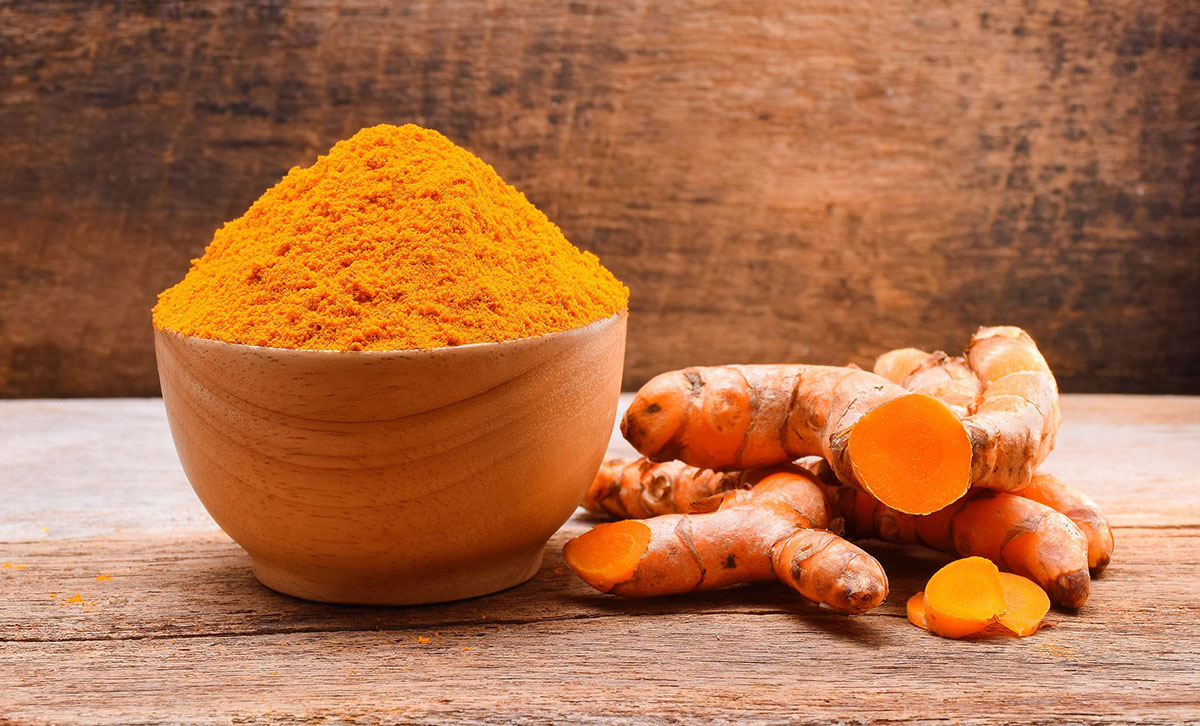
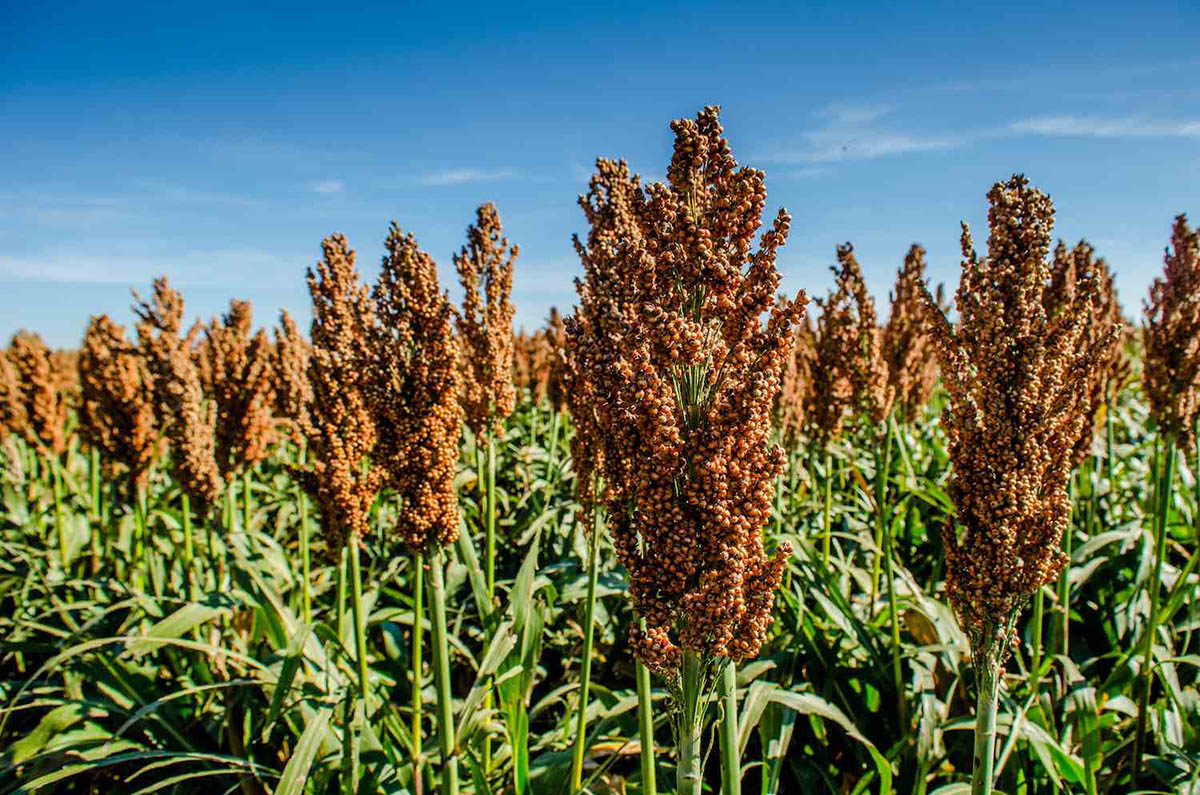
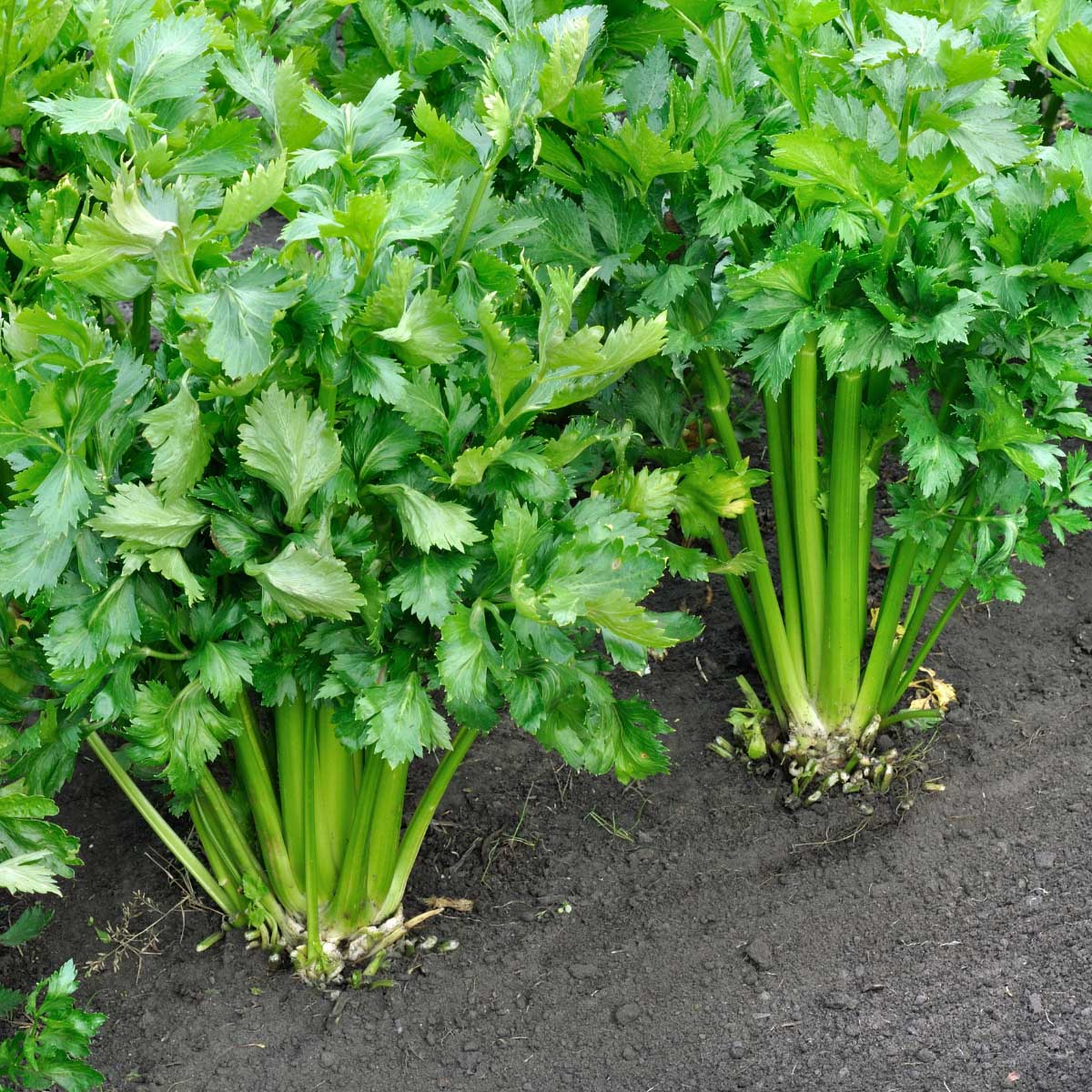
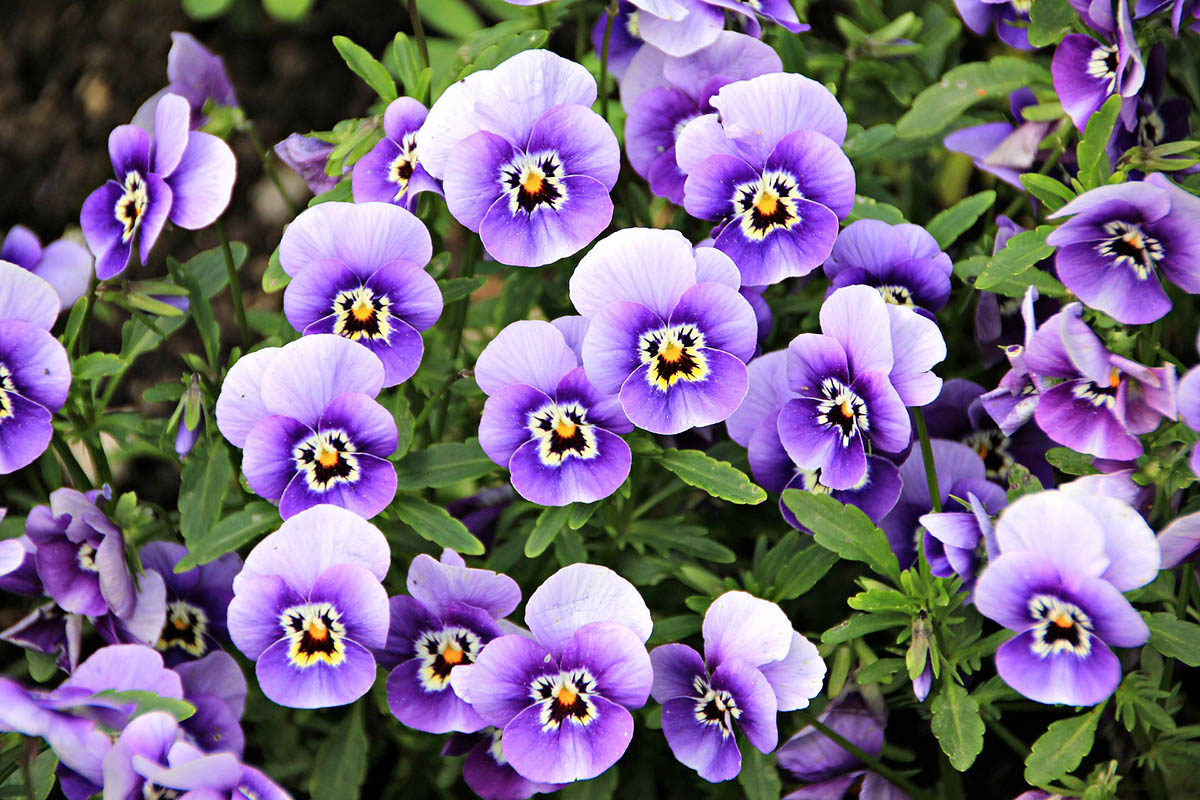
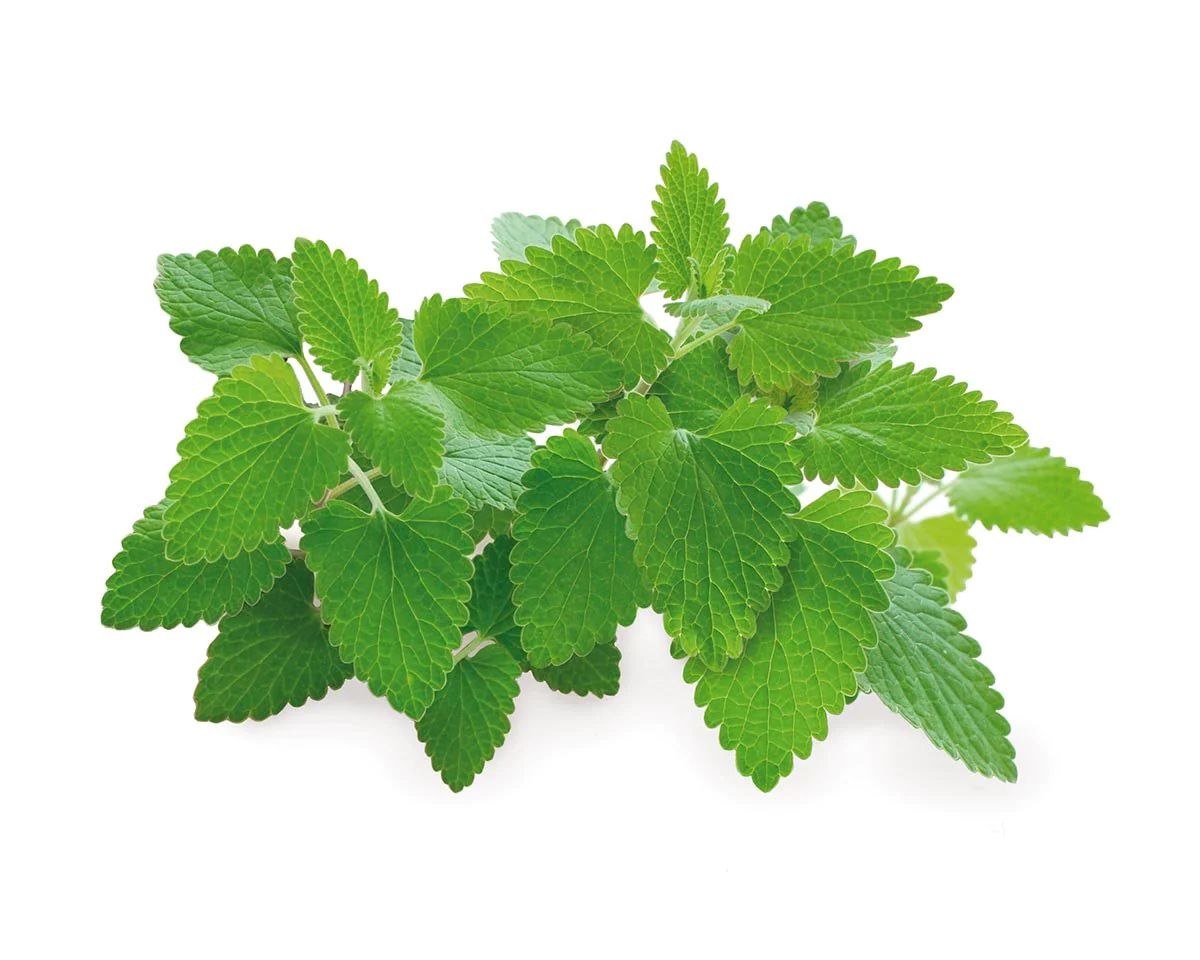
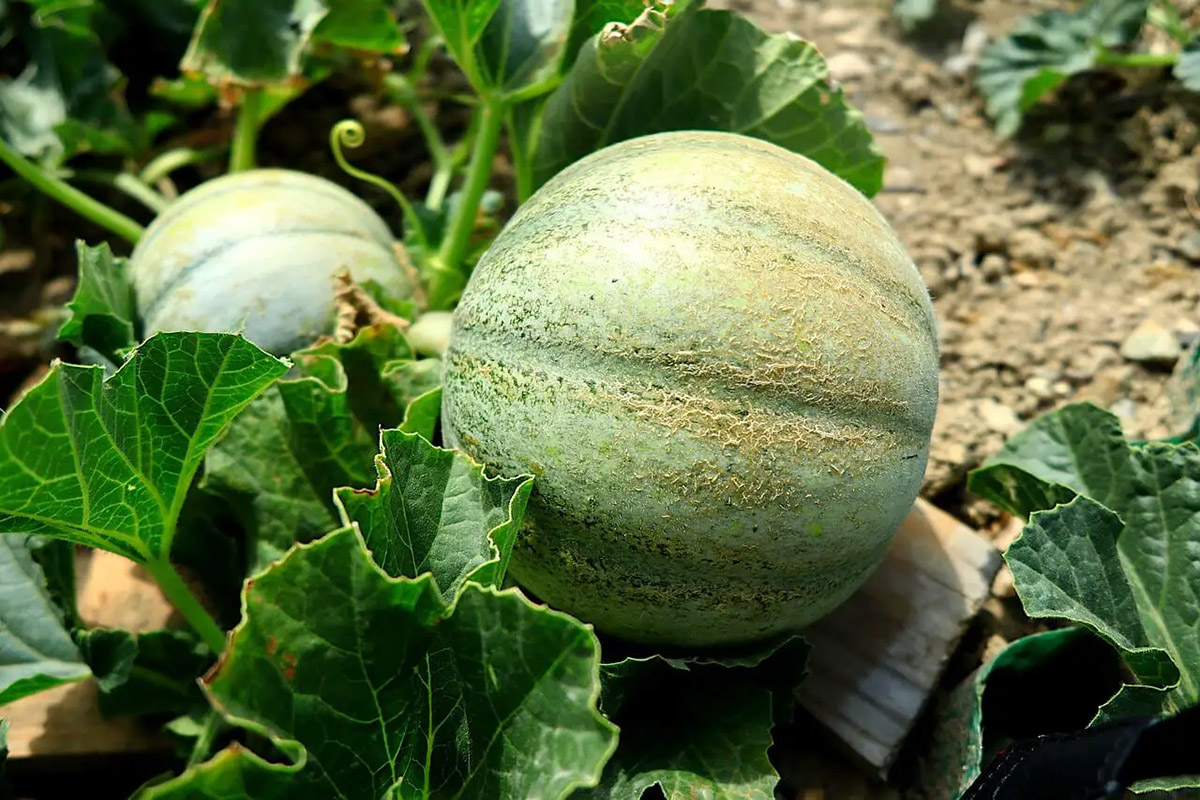
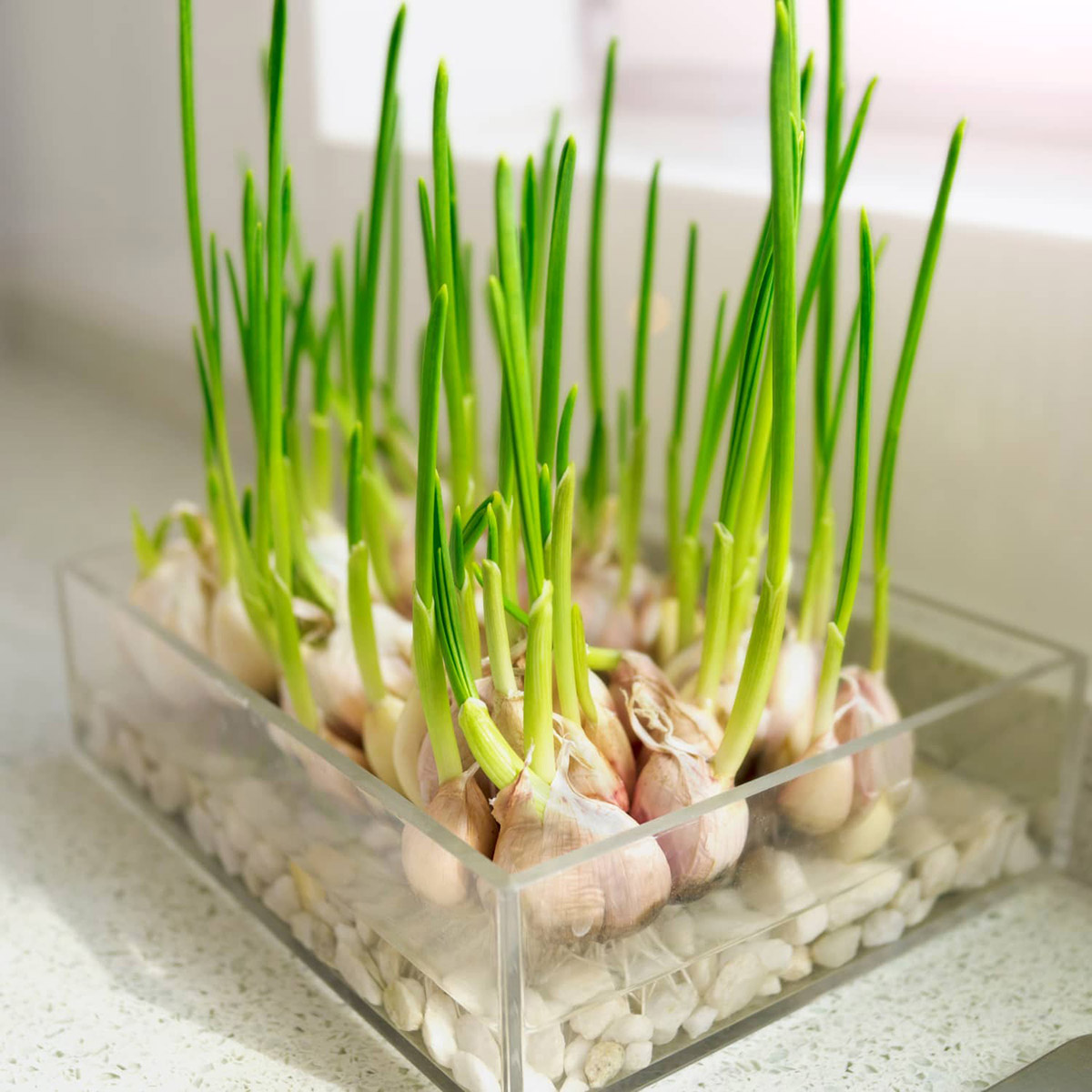
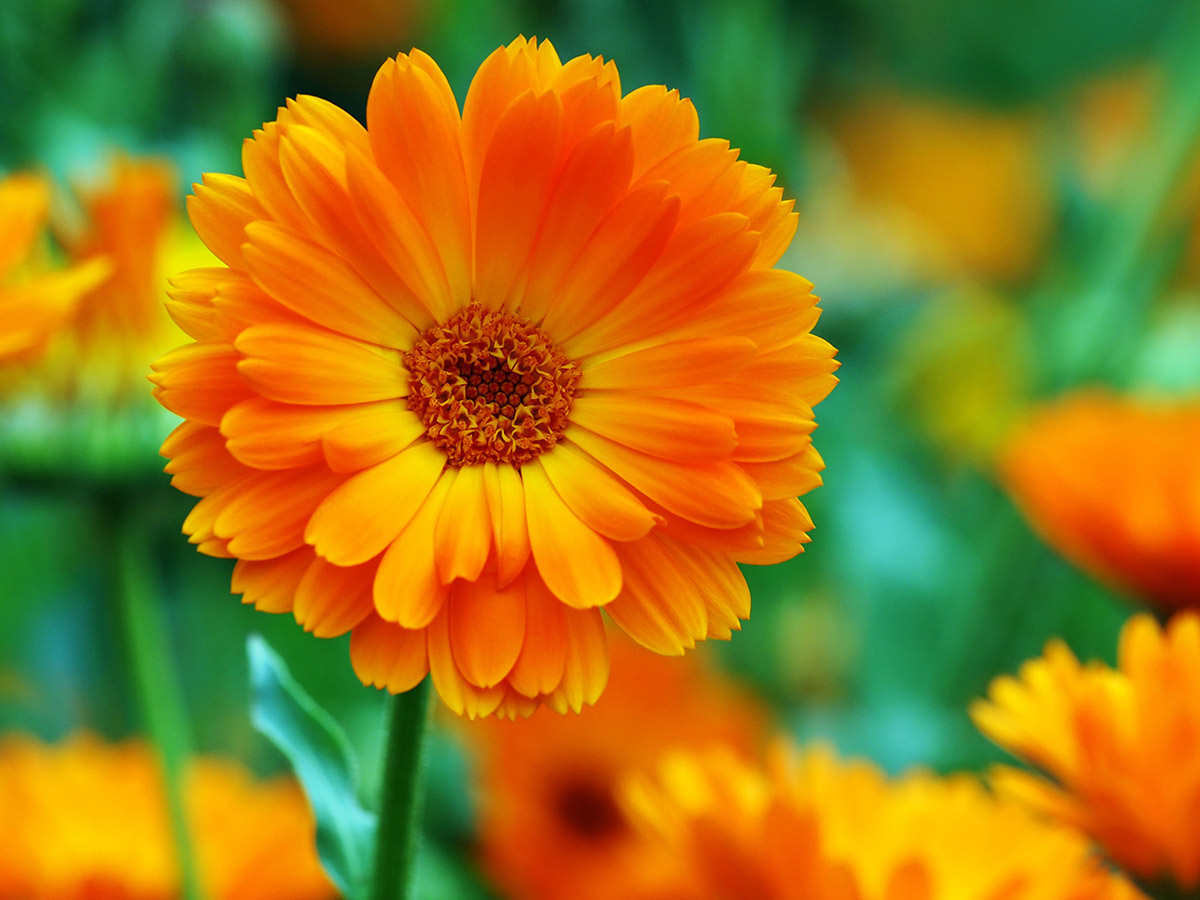
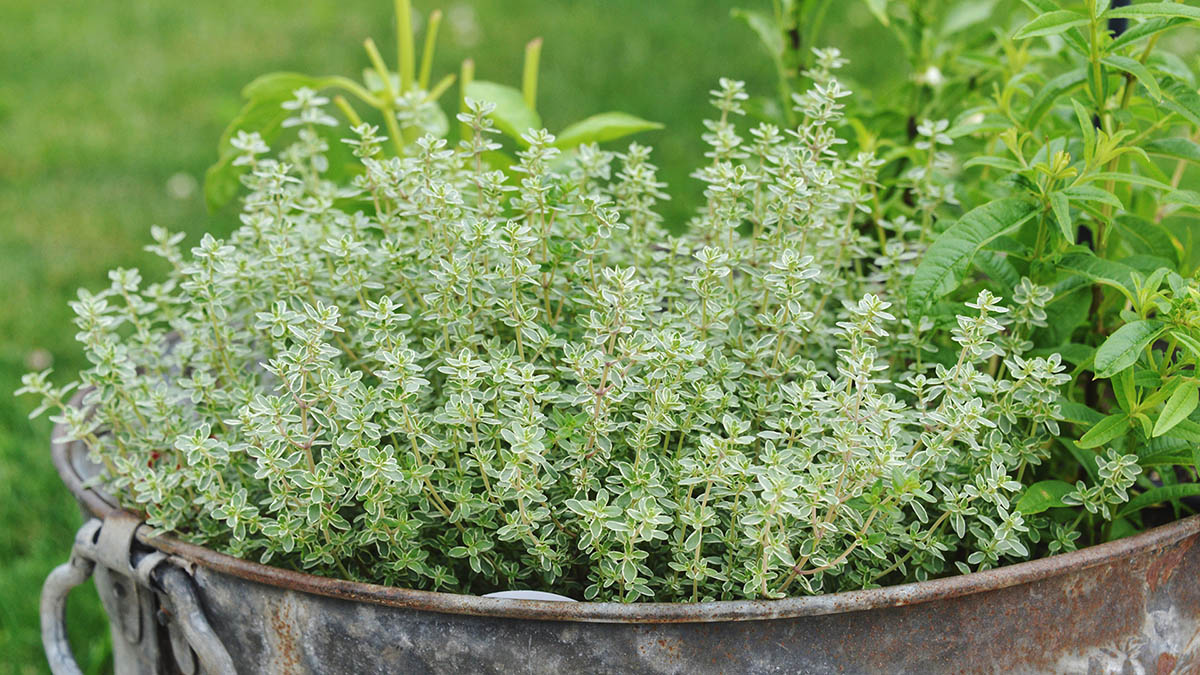

0 thoughts on “How Long Does It Take Lemon Balm To Germinate”